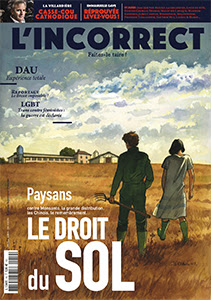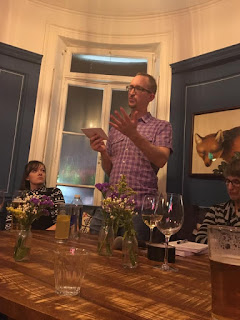On impartiality in broadcast journalism – follow-up to Spiked piece
I had a short piece published for Spiked a few days ago about the erosion of impartiality in broadcast journalism. In this piece I only had the space to relay a few thoughts I’d been having in response to various journalists’ tweets. Quoting them in full meant there was little space to develop thoughts and put them in proper context. So I thought I’d write a follow-up piece here on my blog. Clearly, the erosion of standards is a much wider phenomenon than what broadcast journalists (who are meant to be impartial according to OFCOM rules) say on Twitter. What they say there is important, for it shows us how they think, how this thinking informs their broadcasting and other things like how they tend to act as a pack, enthusiastically running with some stories but not others. However the real proof is what they do in their broadcasting – and this leaves a lot to be desired. For my part, I have now largely given up on mainstream news, bored by the subjects it focuses on and


